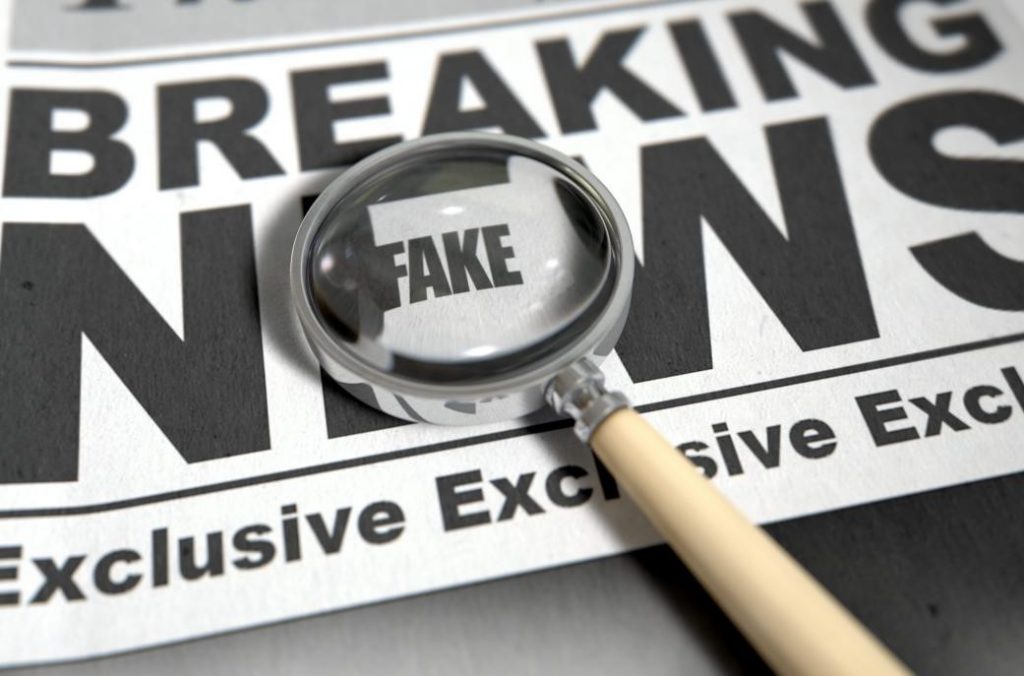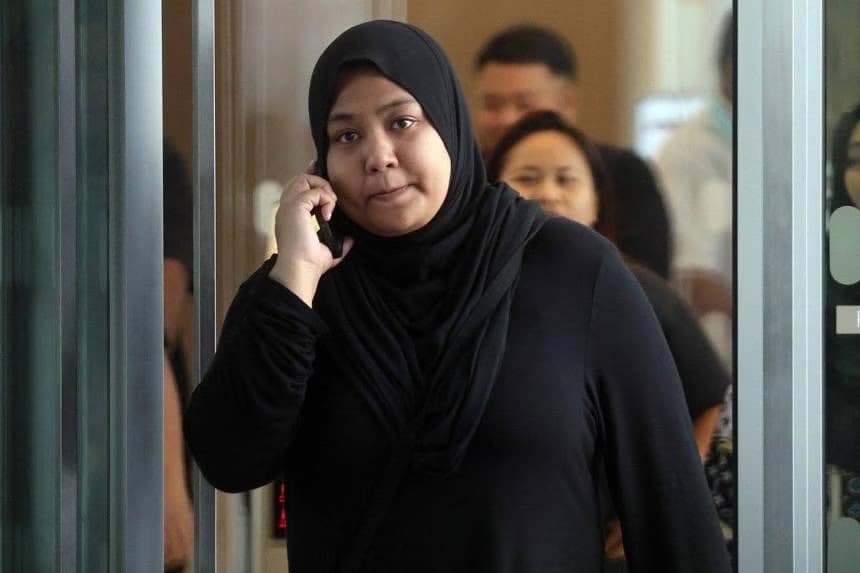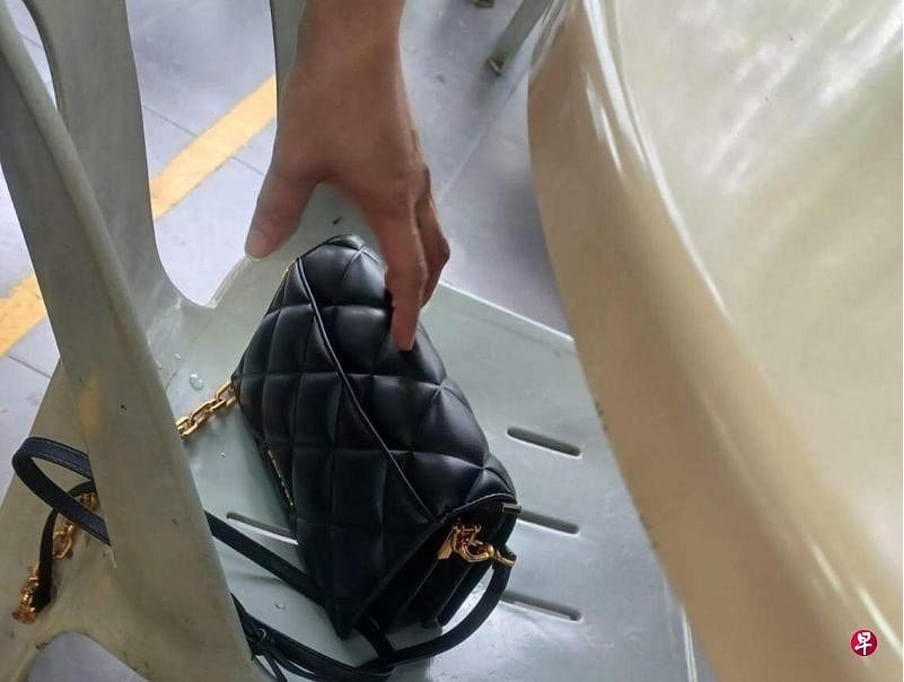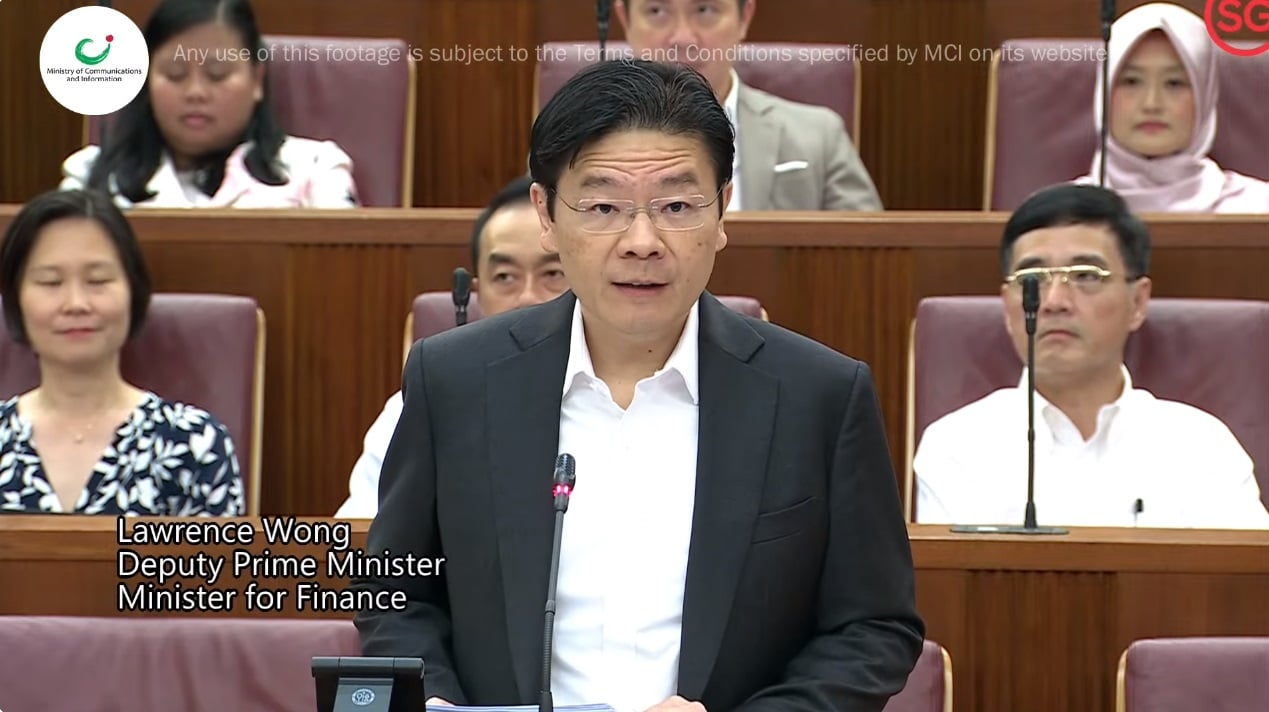It was not a joke that on April Fools’, a Bill to deal with the distribution of online falsehoods was presented in Parliament. This might make Singapore one of the first few countries to enacted laws to undertake this issue that has been a severe growing concern.
Ministry of Law has said that the Protection from Online Falsehoods and Manipulation Bill aims to protect our society from casualties caused by online falsehoods constructed by “malicious actors”.
The Parliament would be engaging in discussions regarding the suggested measure in the next couple of months and here are some answers for your questions about this prospective new law.
- WHAT DOES FALSEHOOD MEAN IN THE BILL?
Should the new proposed legislation be passed, its objective is to render power to the Government to take action to protect public interest against online falsehoods.
Falsehood here refers to a lie or a statement that is not true and has the possibility to misinform. It does not include personal views, thoughts or mockery that members of the public can still proceed to upload online and share.
Under the Bill, public interest is defined in the following categories as such: “Singapore’s security; to protect public health, public finances, public safety or public tranquility; Singapore’s friendly relations with other countries; to prevent influence on the outcome of an election or a referendum; to prevent incitement of feelings of enmity, hatred or ill will between different groups of people; or to prevent a diminution of public confidence in public institutions.”
For instance, statements of opinion such as “The Government is to blame for rising inequality”, or “Singapore’s institutions and policies are often elitist” would not be considered falsehoods. On the other hand, statements of fact that are discovered to be untrue such as “Bank X has lost $20 billion” or “The Government has declared war against Singapore’s neighbours” would then be examples of falsehoods.
- WHAT ARE THE CONSEQUENCES ONE HAS TO BEAR WHEN FOUND SPREADING FALSEHOODS?
Two principles must be fulfilled for action to be taken- it must be an incorrect statement of fact, and it must also be in the public interest.
For something to be deemed as a falsehood, it would first be reviewed by the minister and his officials in which they would evaluate its effect on public interest. The ministers in conjunction with the qualified authority within the Info-communications Media Development Authority of Singapore will then carry out possible actions after judgment has been made.
Possible actions include an order to remove the falsehood or to perform a rectification on it. Specific accounts and sites that are disseminating the falsehood could also be blocked. Individuals who help circulate the misinformation could be told to announce a correction or even remove the falsehood, particularly those who are influential and have a wide reach, as they have a greater obligation to be mindful with sharing content that could sabotage the society.
It has been proven in research that corrections serve and are crucial counter-poison to falsehoods. Thus, website owners have to ensure that all who have read the falsehood will also read the correction. As such, corrections have been set to be the main action that would be taken by the Bill. However, orders to take down falsehoods can still be enforced. It is important to note that corrections are not regarded as criminal sanctions.
- WHO WOULD BE SUBJECTED TO CRIMINAL ACTION?
Criminal sanctions would be applied to individuals who are found sabotaging the society using falsehoods on purpose.
If proven guilty in court, one can be fined up to $50,000 and/or jailed for up to five years if found to distribute falsehoods online with the knowledge that it can affect the result of an election. However, those who employ the usage of bots to magnify the spread of falsehoods will be subjected to more serious punishments such as being fined up to $100,000 and jailed for up to 10 years.
The concluding decision would be made by the courts on what is considered false. Any judgments by the Government on what is fake can be overridden by the courts on appeal.
- WHAT OTHER ACTIONS WOULD BE TAKEN BY THE BILL TO AVOID SPREADING FAKE NEWS?
To tackle counterfeit accounts or bots that are manipulating and distorting discourse among people, Ministry of Law said that the above-mentioned would be disabled.
A binding Codes of Practice that focuses on fake online accounts and bots, digital advertising transparency and de-prioritising falsehoods would also be commenced to ensure technology companies keep their online platforms secure and safe for users.
- WHAT HAPPENS IF THE WEBSITE CONTINUES TO BROADCAST FALSEHOODS?
Should a website continue publishing at least three pieces of fake news that are against public interest in the preceding six months, the Bill will ensure the profits of the online site would be cut off even though it will not be shut down.
It will be mandatory for social media platforms such as Facebook, as well as other online sites, to take immediate action to restrict the distribution of falsehoods by highlighting the corrections made or removing the posts itself. Up to $1 million could be fined for non-compliance.
- HAVE OTHER COUNTRIES DONE ANYTHING TO DEAL WITH FALSEHOODS?
Countries that are known to have endorsed new laws to tackle falsehoods are France and Germany.
In November 2018, the law against the distortion of information was authorized in France. It aims at the speedy transmission of false news through the use of digital platforms.
In June 2017, the Network Enforcement Act in Germany demands social networks to readily remove unauthorized content which includes falsehoods that seem to be illegal.
- DOES THE BILL TAKE ACTION AGAINST ONLINE FALSEHOODS THAT INVOLVE PRIVATE INDIVIDUALS?
Revisions were proposed to the Protection from Harassment Act to reinforce the remedies and better the pace of recourse for victims of online falsehoods.
Other than individuals, the revision state that if private entities such as companies are victims of falsehoods, they may also receive remedies under the Act. This is because entities are equally defenseless as individuals against falsehoods, as their reputation could be ruined rapidly in just a couple of days if fake news are allowed to go unchecked, says Ministry of Law.
Whether or not the Bill would be legalized, let’s all do our part in checking the facts before spreading misinformation to others online and make Singapore a safer place.
This is a reader-contributed article. If you’d like to contribute your story to us, drop us an email at editors@sureboh.sg and we’ll review it. We read each submission that comes to us within two weeks of receiving it.






